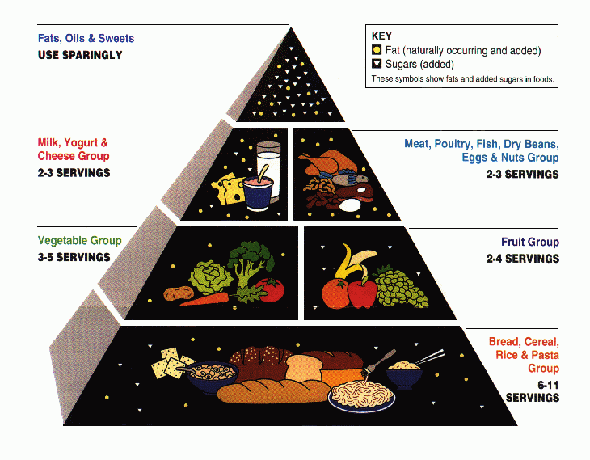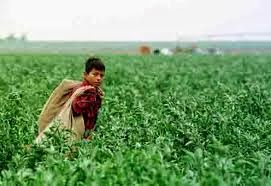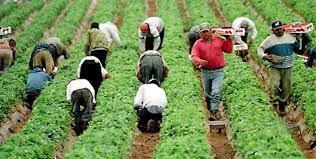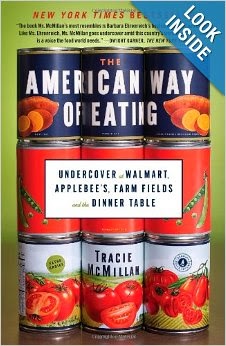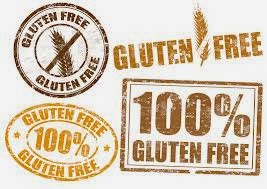I also found myself pondering, not for the first time, the ways in which our 21st century society is like the Roman Empire of 2,000 years ago. In my history classes, we always studied the Roman Empire as a great democracy making leaps toward modern civilization, but the disparity of wealth and increasingly-corrupt politics brought it down. Are we headed in the same direction? According to this article, "8 Striking parallels between the U.S. and the Roman Empire," history is not on our side!
Here's one example: In reading Food Politics and watching the documentary Food Inc., I've become more aware of the problem of the "revolving door politics." Our government officials are funded by companies, sometimes companies they've worked for, and they often protect their own interests and their companies instead of using their government position to protect citizens. See examples below.
 This was also a problem in ancient Rome. According to 8 Striking parallels between the U.S. and the Roman Empire: Politics as the Road to Personal Wealth, "During the late
Roman Republic period, one of the main roads to wealth was holding
public office, and exploiting such positions to accumulate personal
wealth."
This was also a problem in ancient Rome. According to 8 Striking parallels between the U.S. and the Roman Empire: Politics as the Road to Personal Wealth, "During the late
Roman Republic period, one of the main roads to wealth was holding
public office, and exploiting such positions to accumulate personal
wealth." "Lawrence Lessig’s Republic Lost documents the corrosive effect of money on our political process. Lessig persuasively makes the case that we are witnessing the loss of our republican form of government, as politicians increasingly represent those who fund their campaigns, rather than our citizens."
According to Lessig, Congressman, Senators and their staffs leverage their government service to move to private sector positions – that pay three to ten times their government compensation. Given this financial arrangement, “Their focus is therefore not so much on the people who sent them to Washington. Their focus is instead on those who will make them rich.”
I find this pretty disturbing...anyone agree?!?







